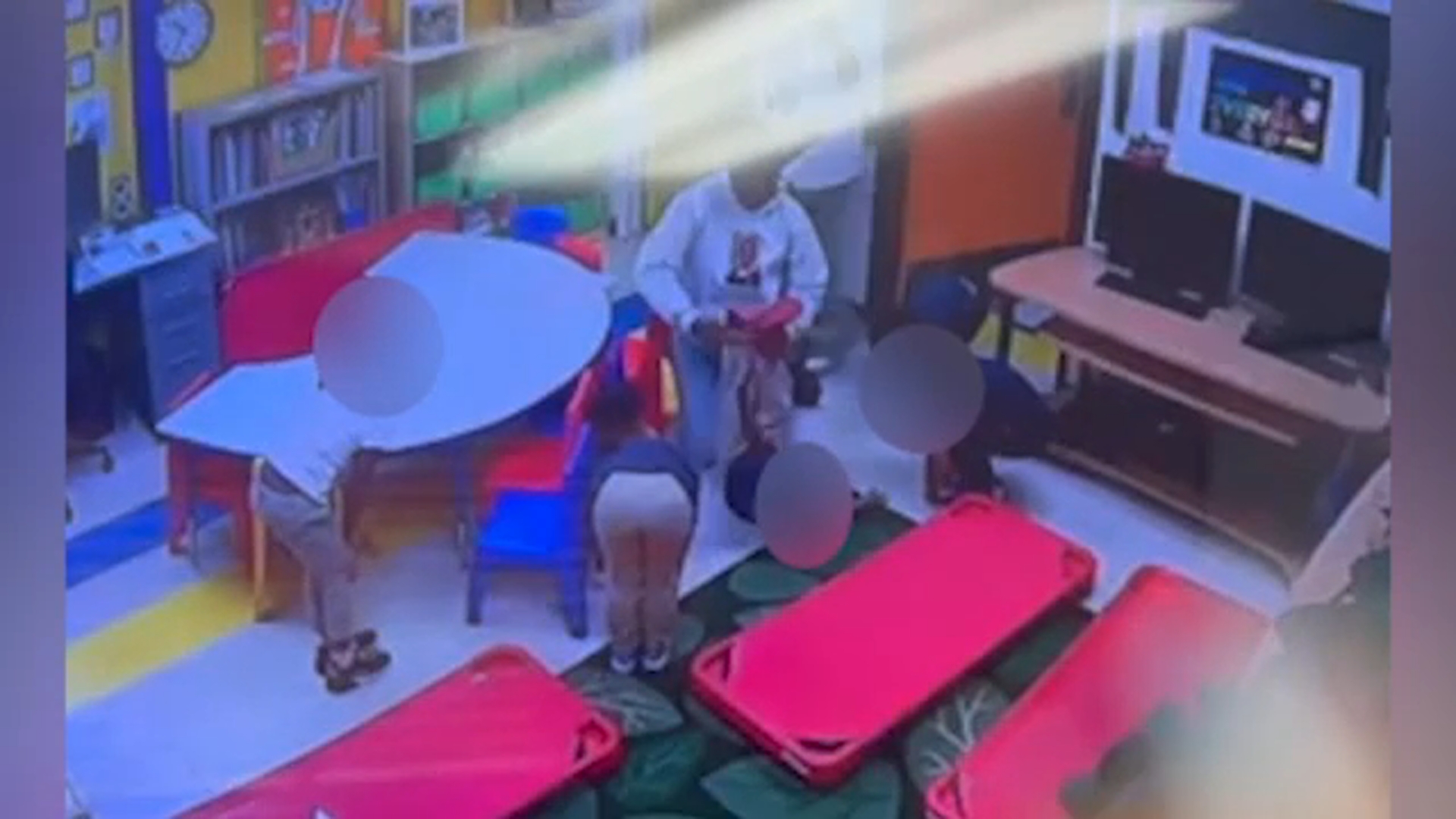Robotic arms aid UCLA doctors with invasive surgeries

LOS ANGELES (KABC) -- No one wants to hear the word cancer, but that's the word doctors told 55-year-old David Alpern.
He said it was 'brutal' hearing the news.
"My wife went home and I just needed to sit. I had to call up my dad and tell him," he said.
But Alpern is among the growing number of otherwise healthy Americans contracting throat cancer due to the human papillomavirus (HPV).
Dr. Abie Mendelsohn, an otolaryngologist who works at the Ronald Reagan UCLA Medical Center, said he is seeing this particular throat cancer pop up in younger patients.
"We're seeing that from a lot of younger patients, healthier patients, patients who've never smoked before," he said.
Alpern has a tumor located deep in his throat on the right side of his tonsils in an area lined with large blood vessels and nerves. Traditional surgery in that particular area is highly invasive and often impossible.
The procedure involves going in through the neck or face, which can require a long recovery and some patients never fully recover from it, according to Mendelsohn.
He and his colleagues at the UCLA Medical Center studied a new robotic technology called TranOoral Robotic Surgery, or TORS, for patients like Alpern. It involves miniature robotic arms that navigate through tight, delicate areas without the need for external incisions.
"[We] have the patient open their mouth wide, go in, remove the affected area, many times patch up that area and wake them up," Mendelsohn said.
Patients do not need to follow up these procedures with chemotherapy or radiation. UCLA surgeons have created a road map for systematically removing these tumors and even other cancers deep inside the head.
After the surgery, some patients stay in the hospital for less than one to two days and can return to their normal activities within a few weeks.
Now, two years after his surgery, Alpern is grateful this option was available to him.
"I can eat anything I want, drink anything I want. I really don't have any residual effects whatsoever. I came out fine, and hopefully it'll continue that way," he said.









